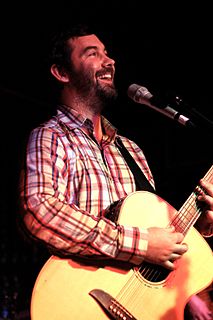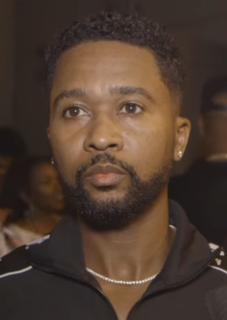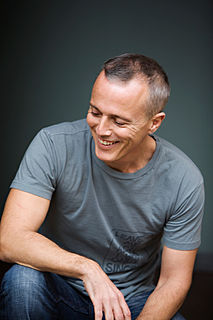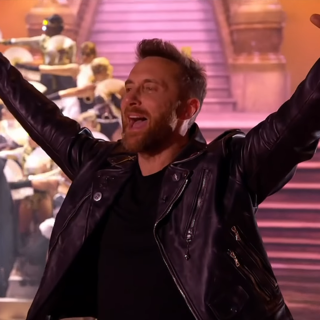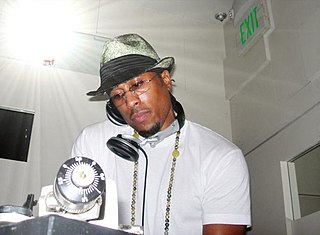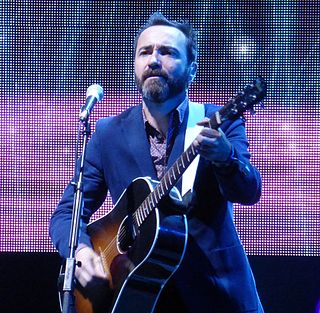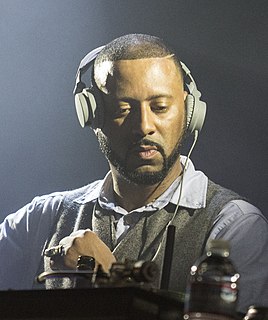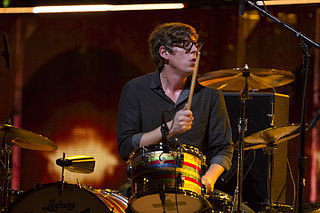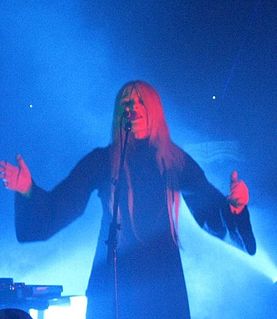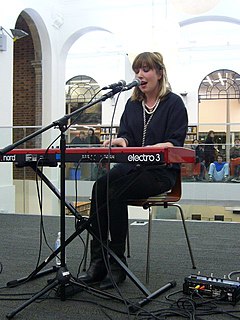A Quote by Duncan Sheik
When I was a teenager, I got into four track recorders, drum machines, and synthesizers, and I started producing instrumental music.
Related Quotes
I had invented my own system, my own way of making electronic music at the San Francisco Tape Music Centre, and I was using what is now referred to as a classical electronic music studio, consisting of tube oscillators and patch bays. There were no mixers or synthesizers. So I managed to figure out how to make the oscillators sing. I used a tape delay system using two tape recorders and stringing the tape between the two tape machines and being able to configure the tracks coming back in different ways.
I'm from the generation that's always been recording, from the very beginning. I learned to play the guitar on the four-track. I started listening to music at a time when people were doing recording at home, when the discussion about songwriting correlated to the discussion about producing and engineering. I think that's a description of my generation.
I was listening to a lot of really early house music tracks. Like Chicago house and Detroit. And Marshall Jefferson has a track probably from 1980 - somewhere around there - that doesn't actually have any electronic instruments, no drum machines, nothing. Just a drummer and a piano player and they're playing this house music, but they're actually playing it. I really love that aesthetic and wanted to bring that into the album.
